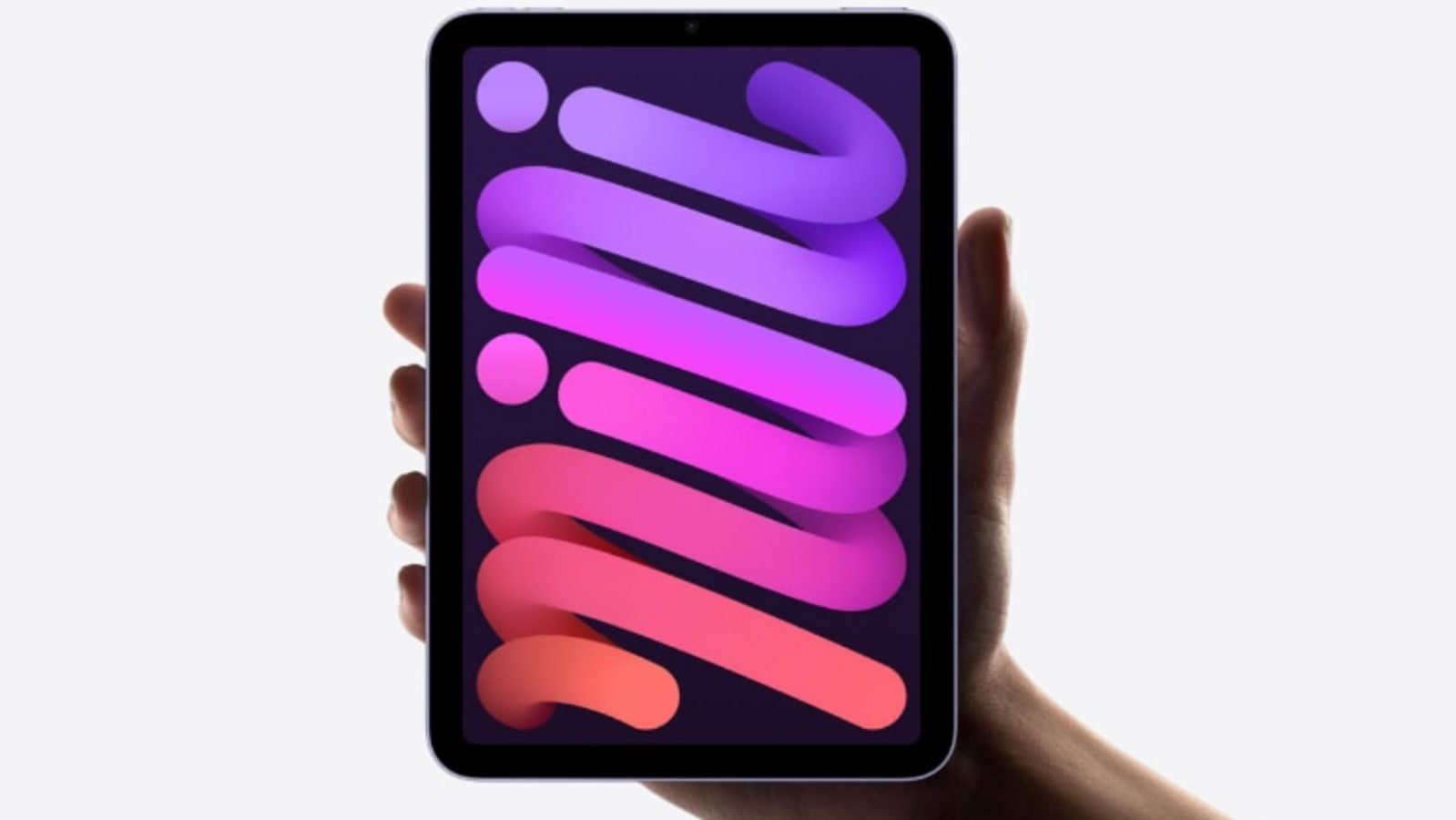
In a recent interview with Tom's Hardware , AMD's Jack Huynh, the company's Computing and Graphics Business Group leader, confirmed that the next version of AMD's FidelityFX Super Resolution or FSR 4 will embrace and use AI. This applies to FSR 4's Frame Generation and Super Resolution components, and the reasoning isn't so much to follow NVIDIA's lead but to improve battery life on handhelds. AMD's new AI-baed FSR 4 is FSR for PC gaming handhelds.
Citing devices like the ASUS ROG Ally and Lenovo Legion GO, Jack Huynh states that battery life is the number one priority for AMD's graphics teams and Radeon group. "I need to play a Black Myth: Wukong for three hours, not 60 minutes," Huynh explains. "This is where frame generation and interpolation [come in], so this is the FSR4 that we're adding.

" AMD's FidelityFX Super Resolution, or FSR, is the company's response to NVIDIA DLSS. However, unlike Team Green's approach, its algorithms and technology are currently not AI-based. The result is lower image quality and stability than DLSS, with the trade-off being that FSR can run on any GPU.
Switching to an AI-based approach to upscaling and frame generation for FSR 4 would improve visual fidelity and overall image stability. However, in talking about FSR 4, AMD's Jack Huynh's response focuses on how FSR 4's AI will dramatically improve efficiency on PC gaming handhelds. He also didn't clarify whether or not this will require a Ryzen processor with a dedicated NPU or use Radeon hardware.
It's still unclear what FSR 4's new AI approach will look like on the upcoming next-generation of RDNA 4 graphics cards - specifically, the rumored Radeon RX 8800 XT. AMD could implement a system similar to Intel's XeSS solution, where the AI component is limited to specific Radeon and Ryzen chips and other systems and graphics cards (including older Radeon GPUs) using the non-AI version of FSR 4. Whatever the case, according to Jack Huynh, FSR 4 has been in development for "about 9-12 months," so we should expect a full reveal soon.
.














